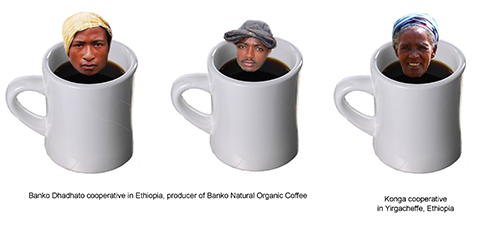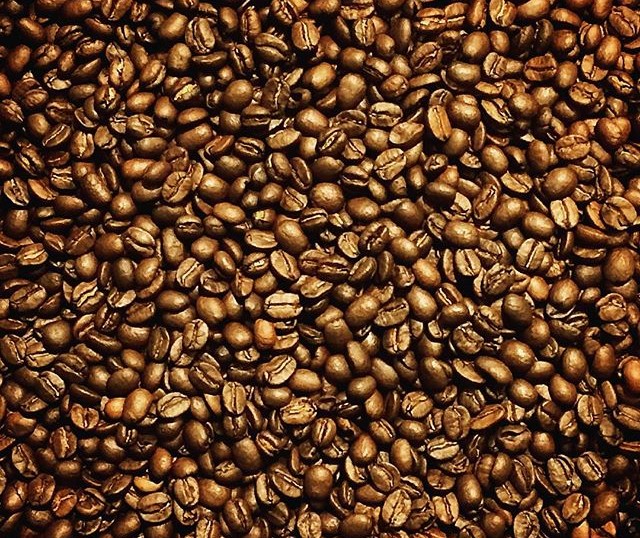The answer to “Can taste differences in coffee be attributed to terroir” is quite subjective, and depends on the inquirers definition of terroir. Specifically whether the post-harvest processes of “washing” the beans, and then roasting them are included in that definition. From personal experience and discussion with coffee aficionados, it is safe to say that those procedures play the largest role in final flavor. During the cupping, I experienced significantly more variation in flavor profiles of the same bean variety roasted or washed differently, as opposed to different varieties that underwent the same post-harvest processing. If roasting and washing are the deciding factors in taste, and they are included in the definition then listing a specific location for the taste becomes problematic, as growing (done in relatively the same location as the washing) and roasting are done in completely different parts of the world. If washing and roasting are discounted from terroir then, to the untrained taste buds, differences in taste attributed to other factors are minor.

